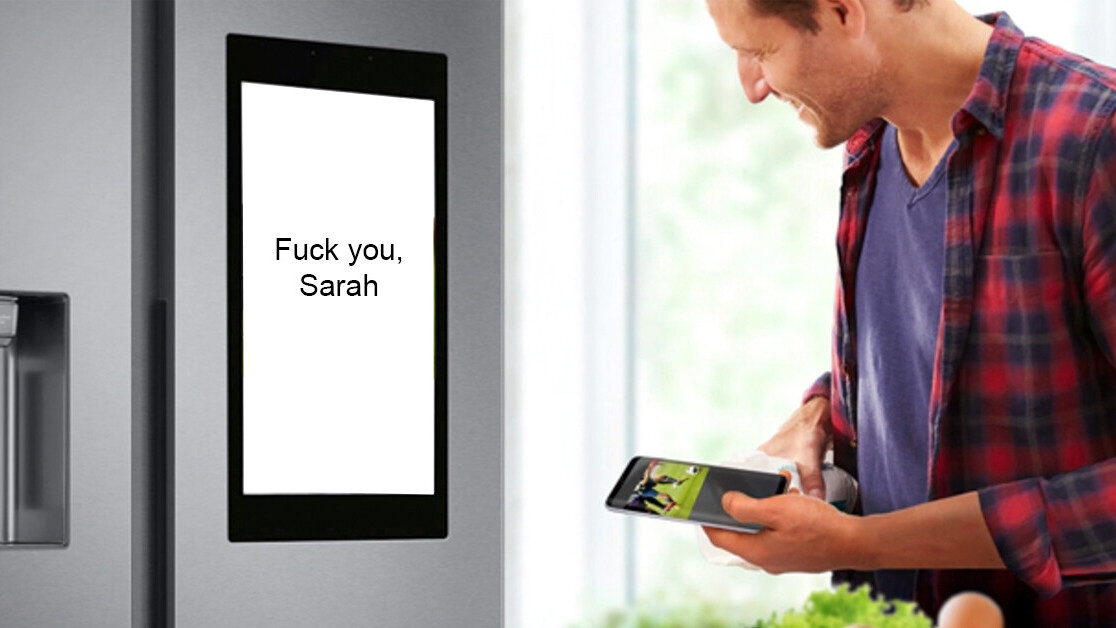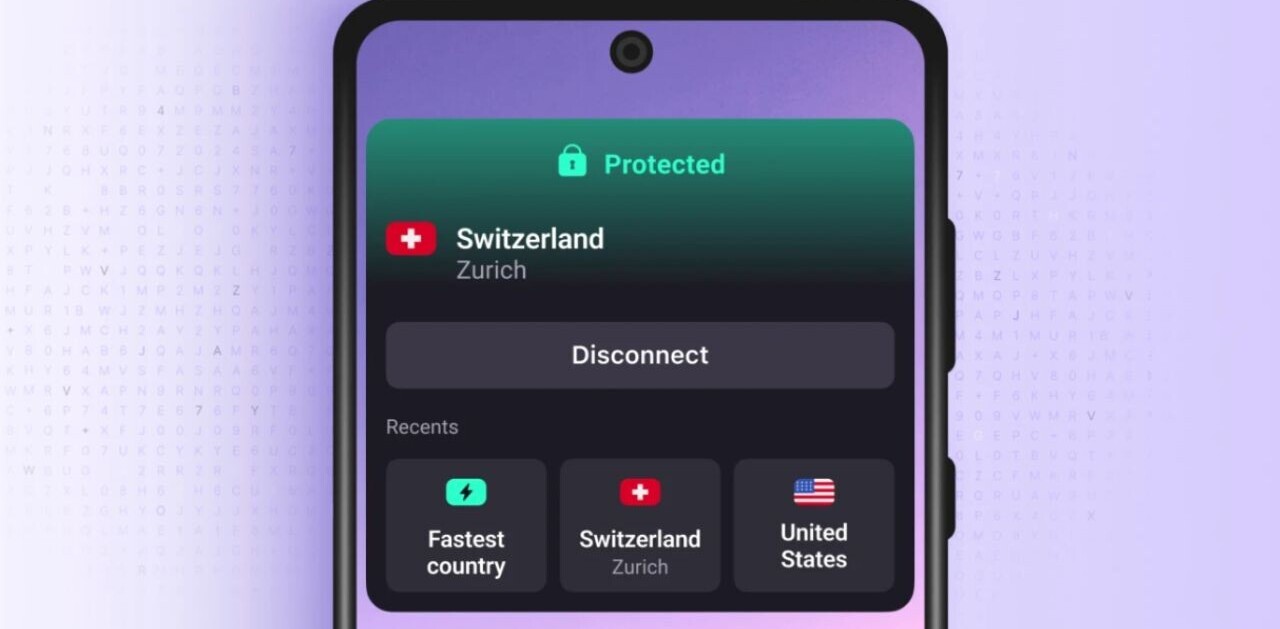
Forget about the good ol’ passive-aggressive refrigerator note: Google Assistant will soon let you leave digital “household notes” directly on your Android-enabled Smart Display devices. The AI-powered app is also getting a few other nifty features like schedules for your smart devices, and the ability to read out long-form content. But first, notes.
Long story short: You’ll feel a little prouder when you pretentiously remind your roommate they used up all the toilet paper and didn’t buy a new roll, because you no longer have to waste paper on post-it notes to teach your fellow basement dwellers proper manners.
Simply say, “Hey Google, leave a note that I had to wipe my ass with my bare hands because Sarah didn’t buy TP,” and Assistant will jot down your thoughtful remarks. My only hope is your fridge runs on Android because there’s no better place for a note like that. Also, fuck you, Sarah. “Hey Google, maybe leave that part out.” Glorious.
Speaking of leaving certain things you said out of Assistant’s ears, Google showcased a new command that lets you specifically remind the AI-powered helper to forget your words if unintended activation occurs. The magic phrase is “Hey Google, that wasn’t for you.”

In addition to household notes, the Big G is also rolling out a feature called “Scheduled Actions.” As the name suggests, the idea is to let you set custom schedules to turn on/off or start/stop any compatible smart device hooked up to Assistant. The feature will pair with Google Home, too.
I guess that’ll be useful to people who are about that smart device life, but I’m personally more excited about Google’s improved speech tech. Assistant will soon be able to read long-form pieces of text — think news pieces like this Pulitzer-tier masterpiece itself, and short stories — but not in the obnoxiously robotic tone you’re used to.
To take advantage of this feature, just say “Hey Google, read it” or “Hey Google, read this page” on your Android device. Bonus: The content can also be translated into 42 different languages.
“Unlike traditional screen readers, this experience is built on new voice datasets to create more expressive and more natural sounding voices, so it’s easier to listen for a longer period of time,” VP of Product, Manuel Bronstein said in a blog post.
Google hasn’t clarified when the new features will reach us plebs, but it hopefully it won’t take too long — I can’t wait to leave more “household notes” to Sarah.
Get the TNW newsletter
Get the most important tech news in your inbox each week.





